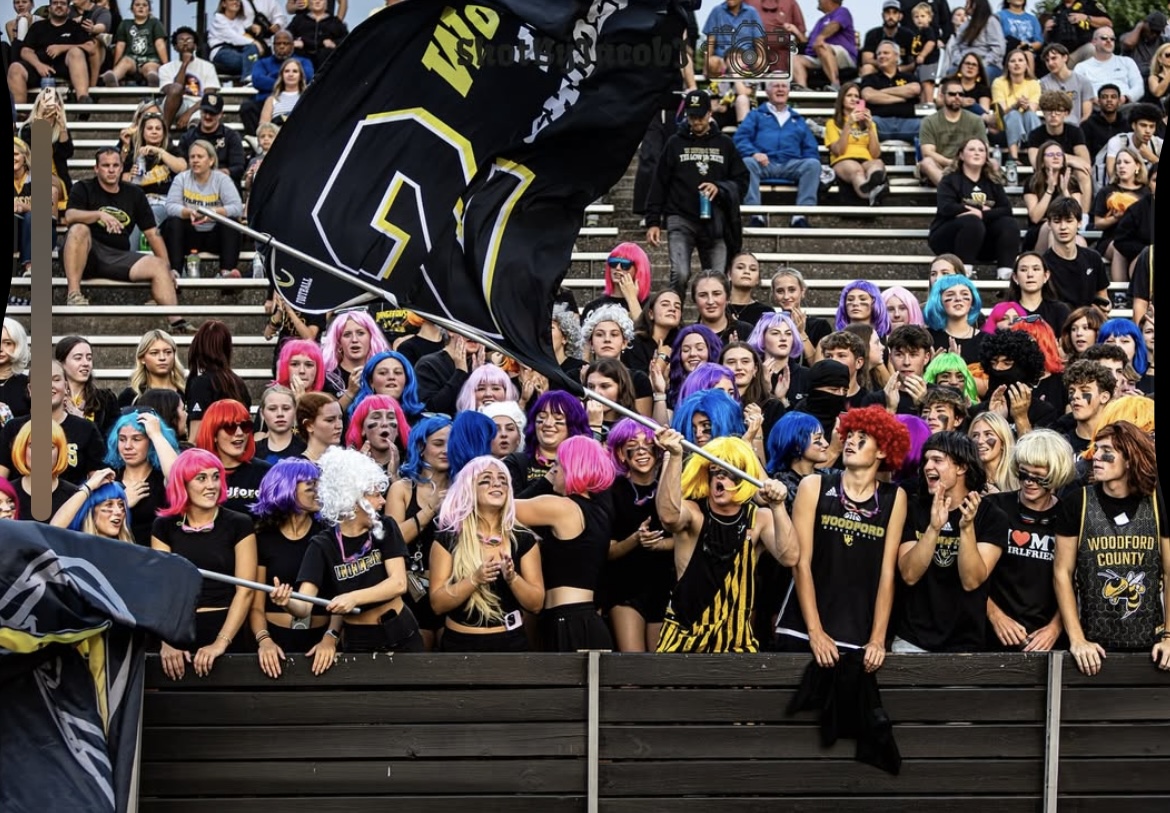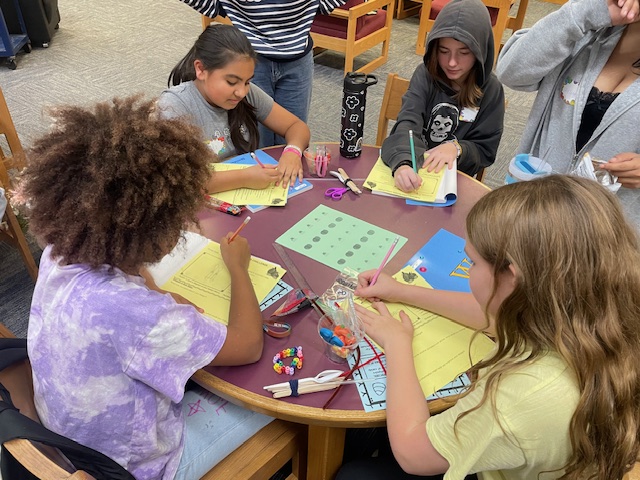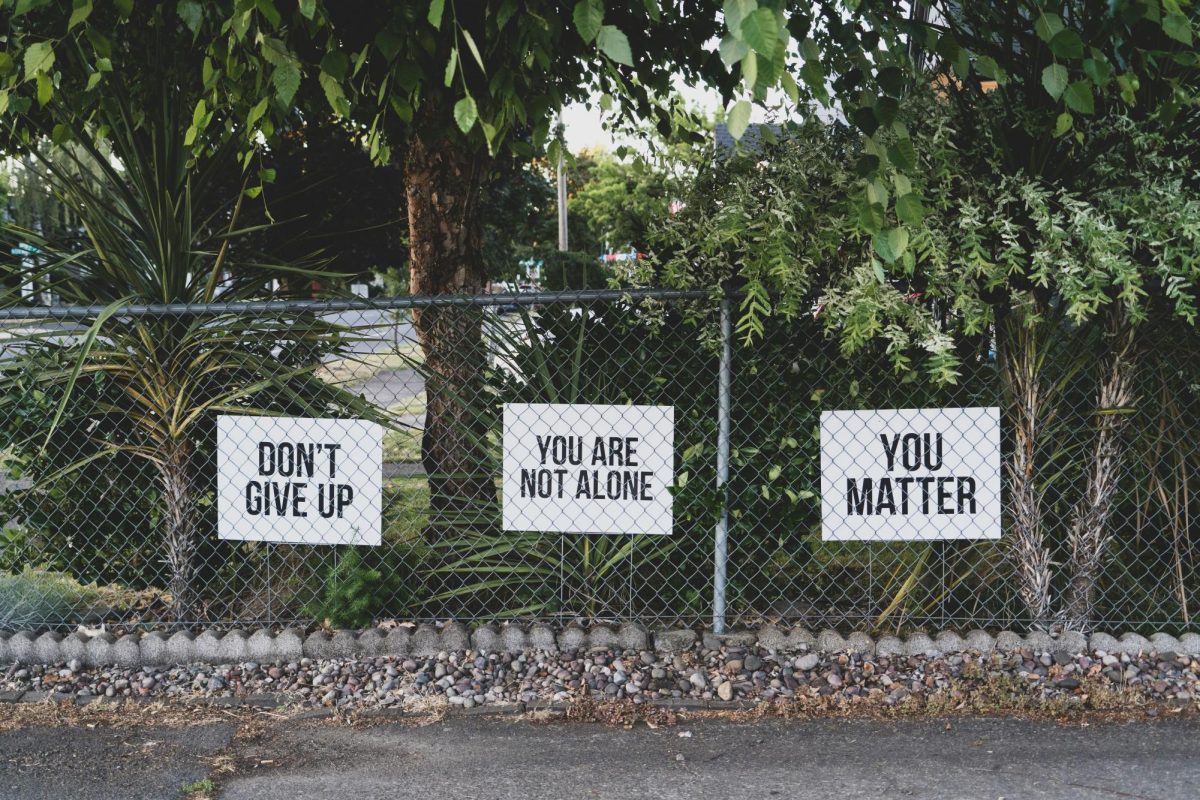Video games, violent and vengeful or tranquil and calming? Ever since the first home console came out in mid-1989, the question “Do video games cause violence?” has been asked. The question stems from parents watching their kids play violent video games like Street Fighter and Call of Duty. While in these games, the in-game character commits aggressive acts, this does not have any implication on the children’s actions. In fact, violent video games can actually be a positive venting outlet for frustrated teens.
Aggression present in young teens (especially boys) can be explained by the overflow of new chemicals, such as testosterone and estrogen, being supplied to the body. These new chemicals can cause extra stress and aggression to form, despite being essential for growth. This aggression caused by puberty is most often the reason for violence in young teens, NOT video games.
Beyond personal observation, research also supports the claim that video games do not cause aggressive tendencies. In 2018, the University of York did a study on how video games affect young teens. They said, “In a series of experiments, the team demonstrated that video game concepts do not ‘prime’ players to behave in certain ways.” They also stated that, “ Increasing the realism of violent video games does not necessarily increase aggression in game players.”
Another benefit of video games is the way they bring people together. Many games that have inherently violent actions rely heavily on teamwork, such as Call of Duty, Halo, and Rainbow Six Siege. Players communicate with their team to achieve an objective. Sound familiar? Ty Henry said “Playing games that use comms (communication) have helped me get better at communicating with real people in real life. I am more comfortable talking to teachers, bosses, and peers.” This is the same communication that they need to learn for corporate jobs. The only difference is that in the video game, you’re communicating with strangers instead of coworkers or bosses. This teamwork that is taught can help learn the importance of communication in a team early on.
Video games, while coming off as violent and aggressive, are actually calming and helpful. Video games can help teach communication, and they can also be a positive venting outlet for young teens going through puberty. Video games can bring people together through communication and can teach young players important life skills and lessons that they will need later in life. As technology continues to advance, who knows what greater role video games might play in the way we continue to think, learn, and grow?









